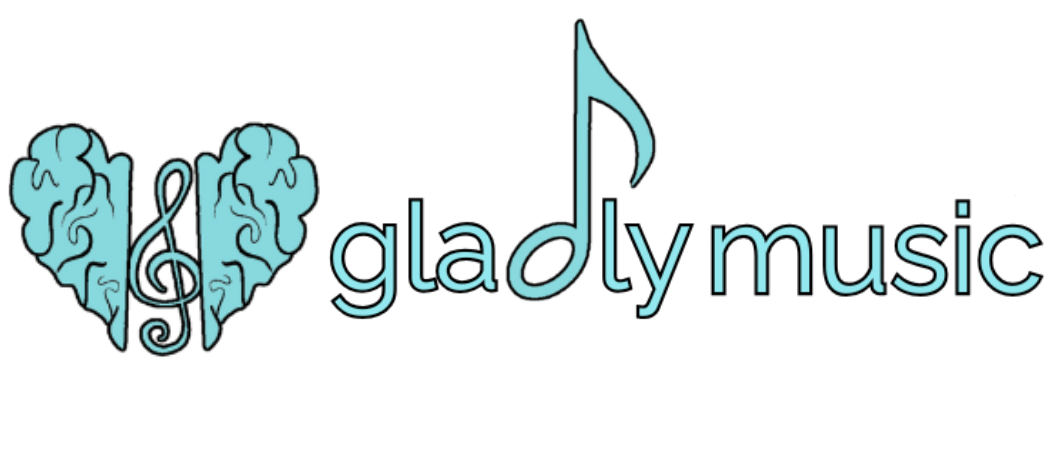Unlocking Wellness: The Benefits of Music Therapy for Adults in Home Health Care
In the realm of home health care, where comfort and holistic well-being are paramount, music therapy emerges as a powerful tool for promoting physical, emotional, and cognitive health. At its core, music therapy utilizes the universal language of music to address a wide range of therapeutic goals, making it an invaluable addition to personalized care plans for adults receiving home health services. Let’s explore how music therapy can significantly enhance the quality of life for adults in home health care settings.
Enhancing Emotional Well-Being
Music has a profound ability to evoke emotions and memories. For adults facing health challenges, music therapy offers a therapeutic outlet to express feelings, reduce stress, and alleviate anxiety. Through passive music listening or active music activities, board certified music therapists create a calming and supportive environment that promotes emotional healing and resilience.
Stimulating Cognitive Function
Music therapy is known to stimulate various cognitive functions, including memory, attention, and problem-solving skills. This is particularly beneficial for adults recovering from neurological conditions such as stroke or dementia. Engaging in music activities can improve cognitive abilities, enhance communication, and promote overall mental clarity, providing a holistic approach to cognitive rehabilitation in home health care.
Pain Management and Physical Rehabilitation
Music has the unique ability to influence physiological responses in the body, including heart rate, blood pressure, and respiratory patterns. In home health care settings, music therapy interventions can complement pain management strategies by promoting relaxation, reducing perceived pain levels, and enhancing physical comfort during recovery and rehabilitation processes.
Promoting Social Engagement and Communication
For adults in home health care, social isolation can be a significant challenge. Music therapy sessions offer opportunities for meaningful social interaction and connection with caregivers, family members, and peers. Group music-making activities or virtual sessions can foster a sense of community, improve social skills, and enhance overall well-being through shared musical experiences.
Customized Care and Personalized Healing
One of the greatest strengths of music therapy in home health care lies in its ability to be tailored to individual preferences and therapeutic goals. Whether through live music performances, personalized playlists, or interactive music-making sessions, board certified music therapists collaborate closely with healthcare teams to design interventions that address specific needs and enhance the overall quality of care for adults at home.
Integrating Music Therapy into Home Health Care Plans
Integrating music therapy into home health care plans not only enhances the therapeutic experience but also contributes to a comprehensive approach to wellness. As part of a multidisciplinary care team, music therapists work alongside healthcare professionals to support rehabilitation goals, promote emotional resilience, and improve quality of life for adults receiving home health services.
Conclusion: Embracing the Healing Power of Music in Home Health Care
In conclusion, music therapy emerges as a transformative and accessible therapeutic modality for adults in home health care. By harnessing the inherent benefits of music—emotional expression, cognitive stimulation, pain management, social engagement, and personalized healing—healthcare providers can enrich the care experience and empower adults to achieve optimal well-being in the comfort of their homes. Embrace the healing power of music therapy today and unlock a pathway to holistic wellness for adults in home health care.
